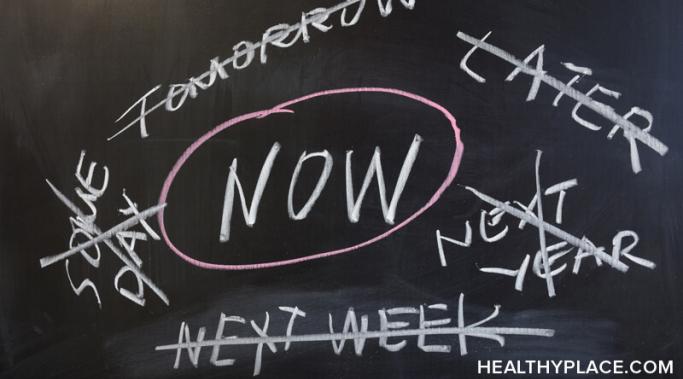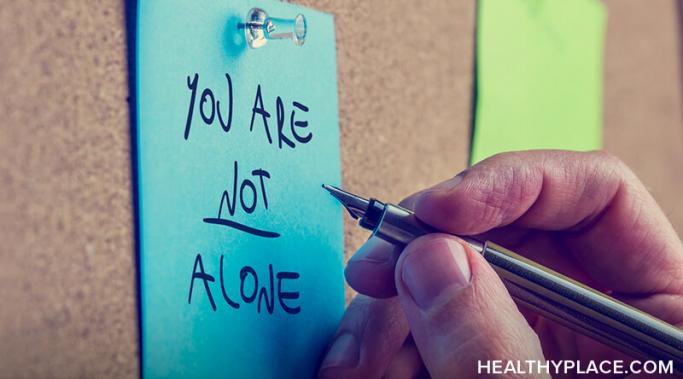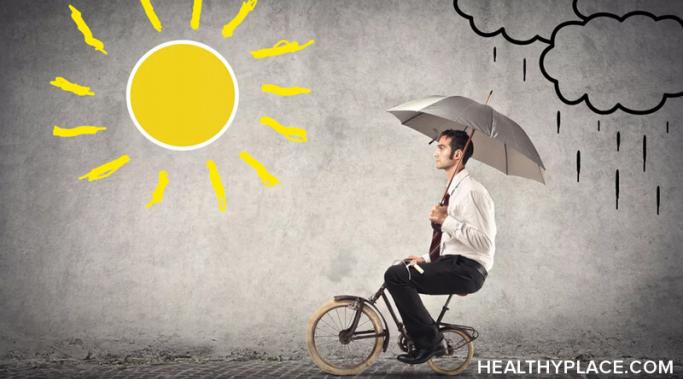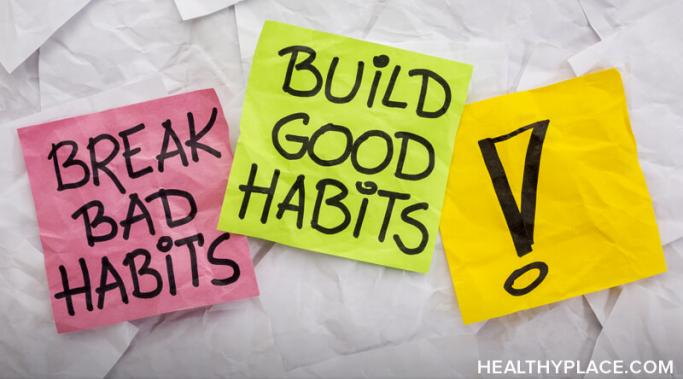I want you to try a self-reflection journaling exercise because it can be so easy to blame, judge, and criticize yourself for dealing with an addiction or substance use disorder. After all, addiction is a highly stigmatized mental health issue that many people misunderstand. But rather than speaking to yourself poorly, try to view your journey as a beautiful work in progress. Remember, there is no better version of you than the one that exists right now. Today, I want you to celebrate yourself and how far you have come in your addiction recovery journey.
Addiction Support
Therapy has been one of the most effective tools I have used in addiction recovery to help heal some of my inner wounds. It has provided me a space where I have felt safe to speak my truth and unpack any trauma, drama, guilt, and shame that has been stuck inside of me. Therapy helped me change my relationship with alcohol and guided me to build a more loving and compassionate relationship with myself.
Addiction is lonely, even when it is convincing you otherwise. In all honesty, I have not been feeling inspired to write lately. I have had a lot of self-doubt in my work and have been dealing with a lot of emotional baggage in my mind. I have lost touch with my true purpose, and what have I done to cope? I've self-medicated with drugs and alcohol in an attempt to ease my mind from the millions of thoughts anxiety naturally gives me.
I wish more of my friends knew how to support me in sobriety in the early days. One of the most challenging parts of sobriety for me is having to explain myself to others who do not quite understand the seriousness of addiction or substance abuse. I have grown more comfortable with this throughout my time with sobriety, but I know the difficulties of turning down an invitation to the bar because you do not want to feel triggered. Or the internal shame and anger that comes after hearing someone say, "Just one drink won't hurt."
I remember when I first came across the HealthyPlace blog site. I was about three months into living a whole new life, alcohol-free, and feeling alone. I was working as a Case Manager, juggling two classes for my Master's program while trying to enjoy the beauty Hawaii has to offer. In other words, I kept myself very distracted and away from any temptation to drink.
The number of times I have woken up after a binge-drinking episode and said to myself, "I am not drinking this weekend," or even bolder, "I am never drinking again," just to find myself back at the liquor store a few days later could be considered humorous. I have experienced feelings of shame and embarrassment many times after breaking that promise to myself and having a binge-drinking relapse. It has taken a lot of self-work to reach this point, and not all days feel this way, but I now hold self-compassion close to my heart, even during a binge-drinking relapse, and I encourage you to too.
Full disclosure, I was very nervous to begin writing on alcohol abuse and addiction. I have many friends who only know me as a heavy drinker and others who may be unaware of just how much I struggle with this drug. I have felt nervous because I am writing on alcohol abuse and mental illness, yet I would not consider myself an alcoholic, nor would I ever use this term lightly.
I've been in recovery for years now, and it never ceases to amaze me how impactful and effective a supportive community can be when fighting your addictions. Maintaining a close-knit community throughout 2020 has been especially challenging due to the highly infectious disease of COVID-19 and so many groups and gatherings being highly limited or canceled altogether. Because of this unfortunate turn of events, recovering addicts are forced to be extra creative and intentional in order to hold themselves accountable and seek support in their communities.
Lately, I have experienced a few uncomfortable conversations with some of my nonaddicted friends questioning the strength and tenacity of recovering addicts. I imagine the concepts and struggles of behavioral and substance addictions seem quite confusing to those who have never fought these horrific demons firsthand. I grew up in a home with addiction, so prior to experiencing this for myself, I also had a lot of questions and confusion around the topic of addiction. However, now I can truthfully say with confidence that recovering addicts are likely some of the strongest and most capable people you will ever meet in your life.
In my experience, there is a monumental difference between healthy, relational sex and addictive, compulsive sexual behavior. As a recovering sex addict, I have witnessed firsthand the detrimental impacts of using sex as a means to cope with or numb your emotions. Some might believe that habits such as this are harmless and merely a rite-of-passage for most young adults, but I am here to tell you that unhealthy sexual behaviors do not have to be your normal way of life. You can willfully choose a different path and intentionally decide to utilize sex in a healthy way.









